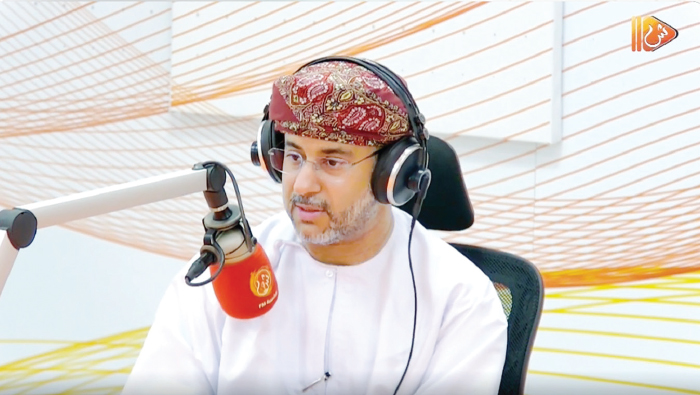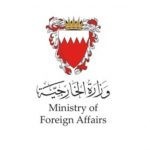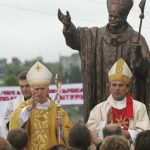The national identity of any country is more than just a logo; it is a comprehensive strategic program that reflects the values and vision of the nation. This sentiment was expressed by His Highness Dr. Faris bin Turki Al Said, Assistant Professor at Sultan Qaboos University and member of the technical team of the unified national identity project of the Sultanate of Oman. Dr. Al Said emphasized the importance of involving the community in shaping the national identity, stating that the participation of society is crucial in creating a positive image for Oman.
The voting on the national identity project took place over several days and concluded on December 29, 2024. Dr. Al Said highlighted the efforts being made in Oman to diversify income and explore opportunities in non-oil sectors such as tourism and logistics. He stressed the importance of promoting Oman’s identity to attract investment, tourism, and other opportunities. Additionally, he noted the need to attract local talent and facilitate the exchange of expertise with foreign countries through specialized visits and contracts.
Dr. Al Said also discussed the role of entrepreneurship in leveraging investment opportunities and skills in other countries. He underscored the strategic nature of any identity program, stating that it is more than just a logo. He addressed inquiries about allowing residents to vote on the national identity, stating that Oman welcomes people from all countries to actively participate in shaping the country’s future for the benefit of both citizens and residents.
The “Together we progress” program aims to empower citizens and involve them in the decision-making process. Dr. Al Said emphasized that community participation in decision-making has been a longstanding initiative in Oman, dating back to Oman Vision 2040. He distinguished between the identity of society and the national identity, noting that while traditional symbols like the dagger and two swords are emblematic of Oman’s heritage and remain unchanged, the unified promotional identity seeks to showcase a holistic image of Oman’s economic potential.
In response to concerns about preserving Oman’s traditional symbols, Dr. Al Said reassured that the dagger and two swords are integral to Oman’s identity and will remain untouched. He emphasized the importance of projecting Oman’s image beyond the realm of politics, highlighting the competition among countries to attract investments, talent, and boost tourism and the economy. Oman’s goal is to position itself as a dynamic and attractive destination for global engagement, with a diverse array of opportunities across different sectors. Dr. Al Said’s insights shed light on the strategic significance of a unified national identity in driving Oman’s growth and prosperity in the years to come.




































